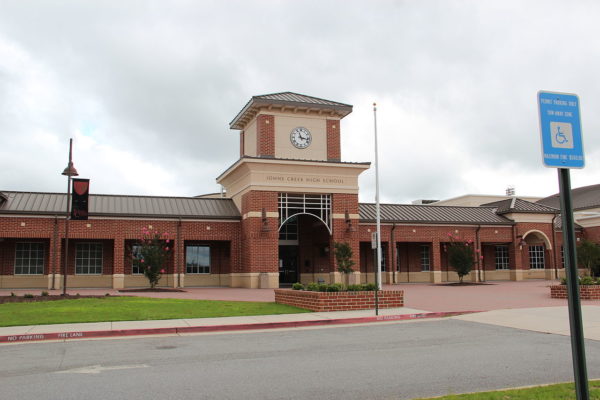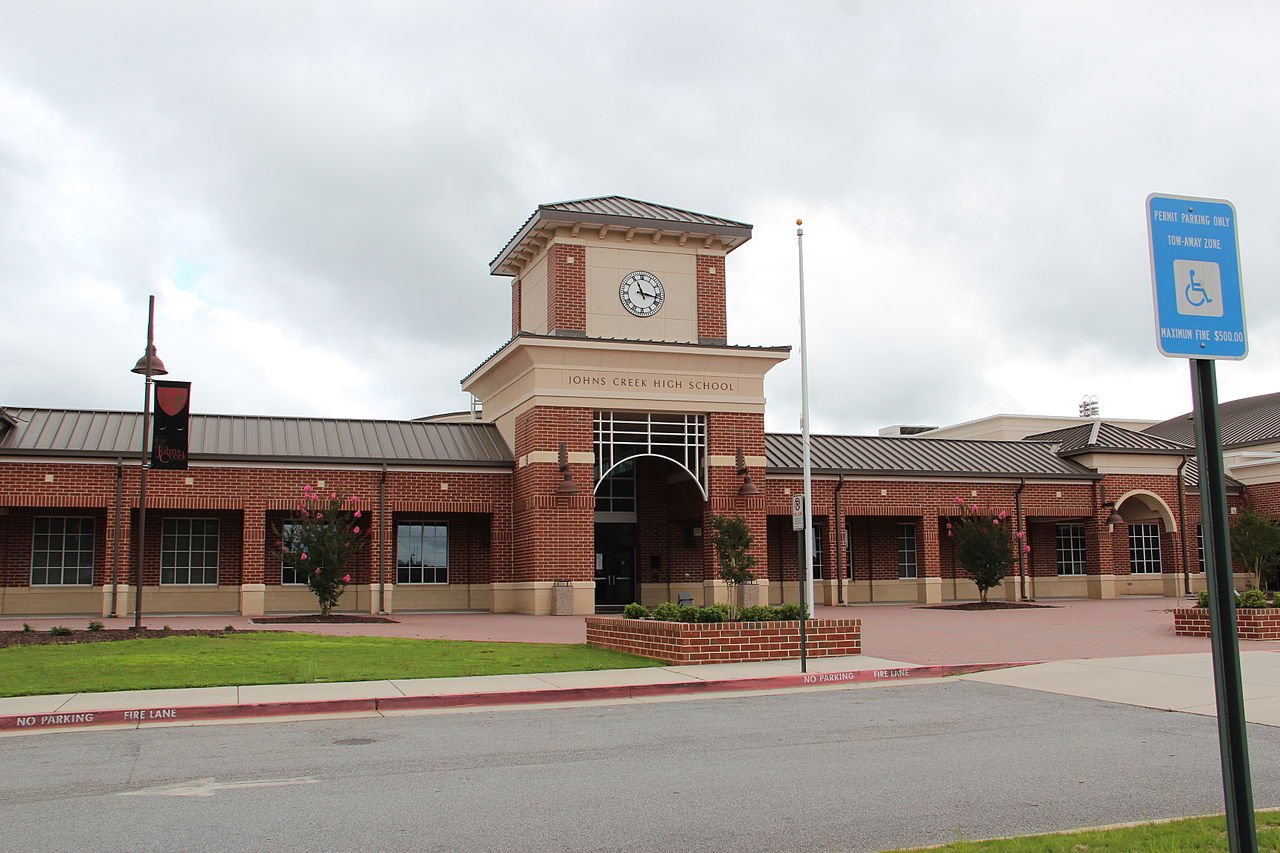 While many white liberals declare themselves strong advocates of diversity, in her essay “Ghosts of White People Past: Witnessing White Flight From an Asian Ethnoburb,” Anjali Enjeti says that for many of them, that advocacy ends when a certain percentage of those diverse people live by them. We have written about Asian ethnoburbs and about white flight from them, but what really surprised me is that the ethnoburb that she talks about wasn’t in Cupertino, Irvine, or the San Gabriel Valley but is in the suburbs of Atlanta Georgia. While I think that Enjeti misses a number of points, she makes many pointedly accurate observations about white fragility and the limits of racial progress in the United States.
While many white liberals declare themselves strong advocates of diversity, in her essay “Ghosts of White People Past: Witnessing White Flight From an Asian Ethnoburb,” Anjali Enjeti says that for many of them, that advocacy ends when a certain percentage of those diverse people live by them. We have written about Asian ethnoburbs and about white flight from them, but what really surprised me is that the ethnoburb that she talks about wasn’t in Cupertino, Irvine, or the San Gabriel Valley but is in the suburbs of Atlanta Georgia. While I think that Enjeti misses a number of points, she makes many pointedly accurate observations about white fragility and the limits of racial progress in the United States.
So what causes this flight? Is it deteriorating neighborhoods? In Enjeti’s neighborhood of Johns Creek Georgia, the Asian neighborhood isn’t deteriorating or nor is it inexpensive to live in. Large commute difference? Whites are moving to a different district not far away. Do Asians bring down the quality of school? Enjeti points about that both the district that whites are fleeing and the one they are running to are both high quality schools. Moreover, both have a predominantly white staff. Statistics show that while some stats show that segregation is decreasing, others show that it is taking on different forms, particularly in suburbia. This is long been the case where I live, and it really came to my attention when I started coaching middle school sports and my mostly Asian teams would starting playing mostly white or Hispanic teams.
It’s both sad and amusing to hear some of the reasons Enjeti hears from the whites are leaving:
Asian parents take their kids for extra tutoring. It’s not fair for the “regular” kids.
The high school is too competitive. My kids won’t get into a good college because of all of the Asians.
One of her observations that I thought particularly accurate is that Asians are only “model minorities” when they are small in number with minimal influence on a community. Otherwise, when Asians start exerting influence like moving the bar of academic achievement, there acquire a new more negative stereotype. Enjeti quotes this line from an essay by Jenny Zhang:
“Asian American success is often presented as something of a horror — robotic, unfeeling machines psychotically hellbent on excelling, products of abusive tiger parenting who care only about test scores and perfection, driven to succeed without even knowing why.”
An alternative mentioned in the article on Cupertino white flight is to send them to private schools that focus on the “whole person” – I sent my own kids to such a high school after they went my kids went to a predominantly Asian school from K-8, but those have now have large Asian populations. Those private high schools in fact have evolved their own competitive admissions process that parallel the college admissions process, with standardized tests, test prep classes, and students doing activities to look good on their applications.
Enjeti does miss a few points, I find. She criticizes “liberal whites” but this red and blue neighborhood detector says that Johns Creek is all red. Some heavily Asian schools can be a pressure cooker environment where many Asian students and their parents really do think differently from white families – exemplified by this essay from a Saratoga High (in Silicon Valley) student that I wrote about previously. Some Asian ethnoburbs emerge not from white flight but from new housing appearing and Asians simply settling there. That’s what happened in my particular neighborhood – it was majority Asian American from the start – not the result of any white flight. Finally, there are Asian American parents and students who attended heavily Asian highly competitive schools who never want to send their own kids to that kind environment.
Despite those shortcomings, I think her article is definitely worth reading. She has other insights and observations which I have not described, along with many pointers to relevant studies.
- Excited
- Fascinated
- Amused
- Disgusted
- Sad
- Angry








